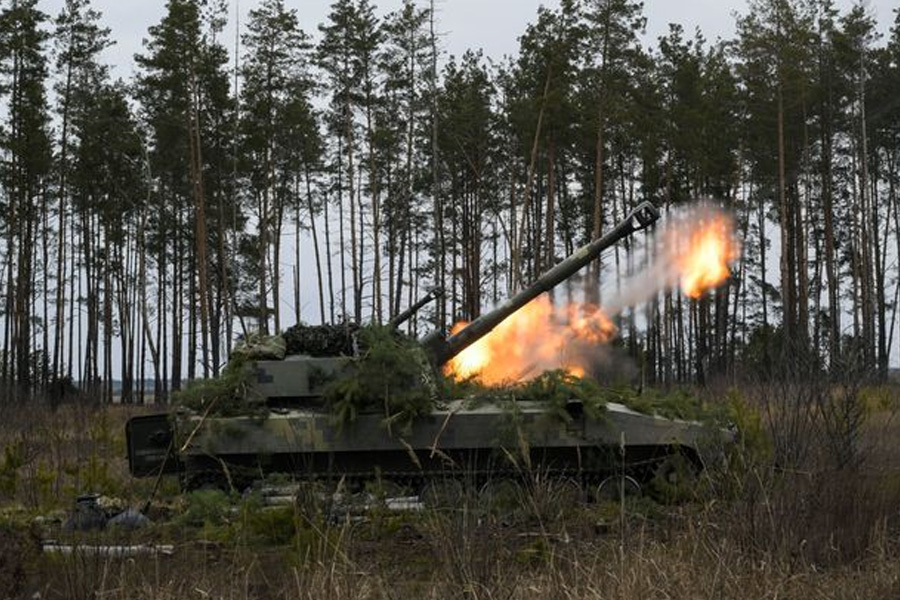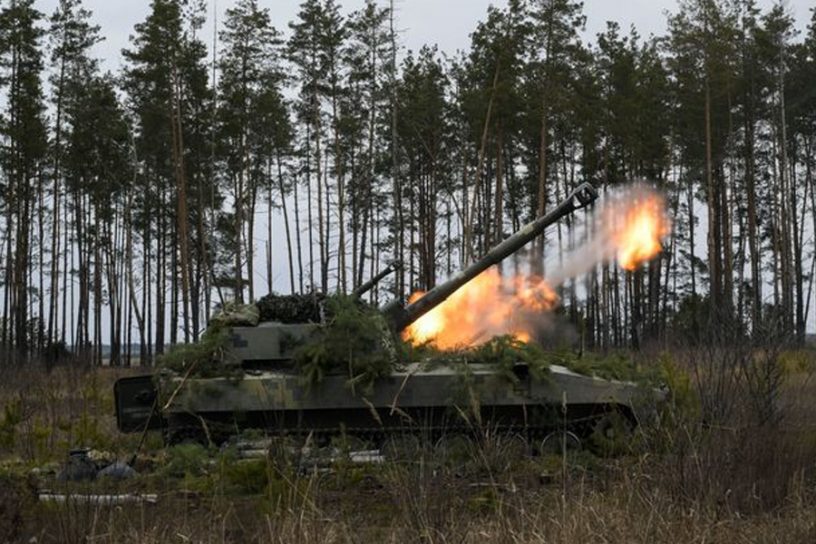
Countries can impose trade-restricting measures against Russia — such as suspension of the most-favoured-nation treatment — following Article XXI of the General Agreements on Tariffs and Trade, says the author.
Author
Prabhash Ranjan, Professor and Vice Dean, Jindal Global Law School, O.P. Jindal Global University, Sonipat, Haryana, India.
Summary
The Russian invasion of Ukraine is one of the most flagrant violations of international law in recent times. The Russian action has received global condemnation with various countries imposing sanctions on Russia.
This article argues that concerning imposing trade sanctions against Russia, countries can rely on the national security exception in the World Trade Organization (WTO). The relevant legal provision in this regard is Article XXI of the General Agreements on Tariffs and Trade (GATT).
The article undertakes a doctrinal analysis of GATT’s Article XXI. This analysis is conducted in the light of two WTO disputes—the Russia: Transit case and the Saudi Arabia: Intellectual Property case—that have interpreted the national security exception.
The article argues that while the national security exception given in GATT’s Article XXI is not self-judging, countries will enjoy deference in determining their essential security interests. The article then applies this doctrinal understanding to the current Russia–Ukraine war.
The current situation will fall under Article XXI, and countries can impose trade-restricting measures against Russia (such as suspension of the most-favoured-nation treatment) following Article XXI of GATT.
Published in: Foreign Trade Review
To read the full article, please click here.


